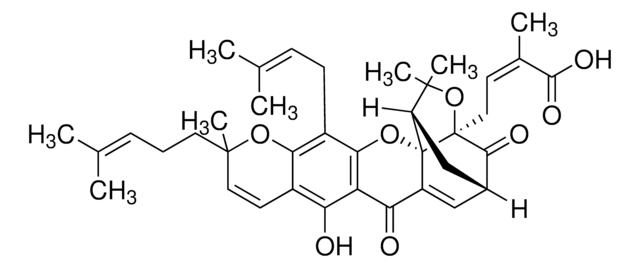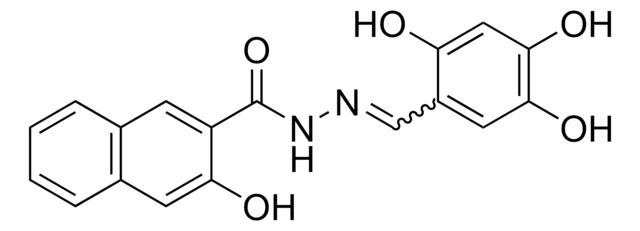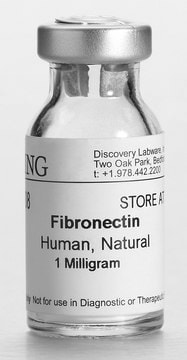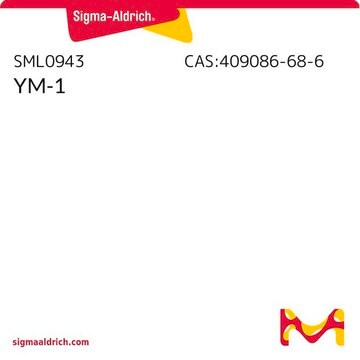345701
Gambogic Acid, Garcinia hanburyi
A cell-permeable caspase activator and an apoptosis inducer that was originally isolated from gamboge resin for its antimicrobial properties.
Synonym(s):
Gambogic Acid, Garcinia hanburyi, Guttic Acid, β-Guttiferin
About This Item
Recommended Products
Quality Level
Assay
≥95% (TLC)
form
amorphous solid
manufacturer/tradename
Calbiochem®
storage condition
OK to freeze
protect from light
color
orange
solubility
DMSO: 10 mg/mL
ethanol: soluble
shipped in
ambient
storage temp.
2-8°C
InChI
1S/C38H44O8/c1-20(2)10-9-15-36(8)16-14-24-29(39)28-30(40)26-18-23-19-27-35(6,7)46-37(33(23)41,17-13-22(5)34(42)43)38(26,27)45-32(28)25(31(24)44-36)12-11-21(3)4/h10-11,13-14,16,18,23,27,39H,9,12,15,17,19H2,1-8H3,(H,42,43)/b22-13-/t23?,27?,36-,37?,38-/m1/s1
InChI key
GEZHEQNLKAOMCA-PLUQQRNKSA-N
General description
Biochem/physiol Actions
Caspase activator and an apoptosis inducer
Packaging
Warning
Other Notes
Guo, Q.L., et al. 2004. Acta Pharmacol. Sin.25, 769.
Asano, J., et al. 1996. Phytochemistry41, 815.
Legal Information
Signal Word
Danger
Hazard Statements
Precautionary Statements
Hazard Classifications
Acute Tox. 3 Oral - Eye Irrit. 2 - Skin Irrit. 2 - STOT SE 3
Target Organs
Respiratory system
Storage Class Code
6.1C - Combustible acute toxic Cat.3 / toxic compounds or compounds which causing chronic effects
WGK
WGK 1
Flash Point(F)
Not applicable
Flash Point(C)
Not applicable
Certificates of Analysis (COA)
Search for Certificates of Analysis (COA) by entering the products Lot/Batch Number. Lot and Batch Numbers can be found on a product’s label following the words ‘Lot’ or ‘Batch’.
Already Own This Product?
Find documentation for the products that you have recently purchased in the Document Library.
Our team of scientists has experience in all areas of research including Life Science, Material Science, Chemical Synthesis, Chromatography, Analytical and many others.
Contact Technical Service









